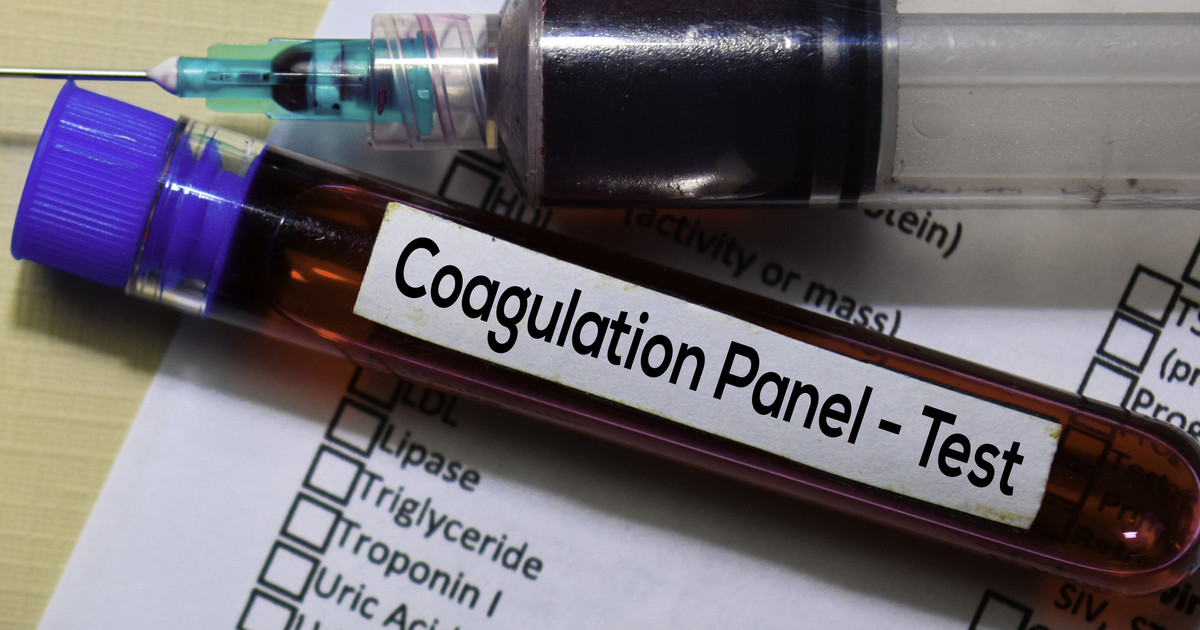Guide To Common Blood Tests
Blood Enzyme Test

Enzymes are critical in an individual’s body. Digestive enzymes, for instance, work with stomach acid to break down food in the stomach. Other enzymes are crucial for proper blood clotting. Every organ and cell contains enzymes. This is a significant reason why blood enzyme tests, also called enzyme markers, are so common. These tests look at enzyme activity in specific parts of the body to see if the enzymes are working correctly.
Many diseases cause issues with enzyme activity in the body. In many cases, they cause enzymes to stop working. Doctors often order multiple blood enzyme tests, as monitoring the change in enzymes is a useful diagnostic method for many conditions. An incredibly common blood enzyme test is a cardiac enzyme test. Doctors use this most often in an emergency setting when they believe that a patient is having a heart attack.
Coagulation Panel

Many individuals will have a few coagulation panels throughout their lifetime. A coagulation panel, which is also referred to as a coagulation test, measures how well an individual’s blood can clot and how long it takes. This type of blood test helps doctors assess a patient’s risk of blood clots as well as excessive bleeding. Doctors use coagulation panels to diagnose blood disorders, including hemophilia and thrombophilia. These tests are also standard in patients who are on medications that affect their blood’s ability to clot, such as warfarin, heparin, and vasopressin. Many patients will need a coagulation panel done prior to surgery.
